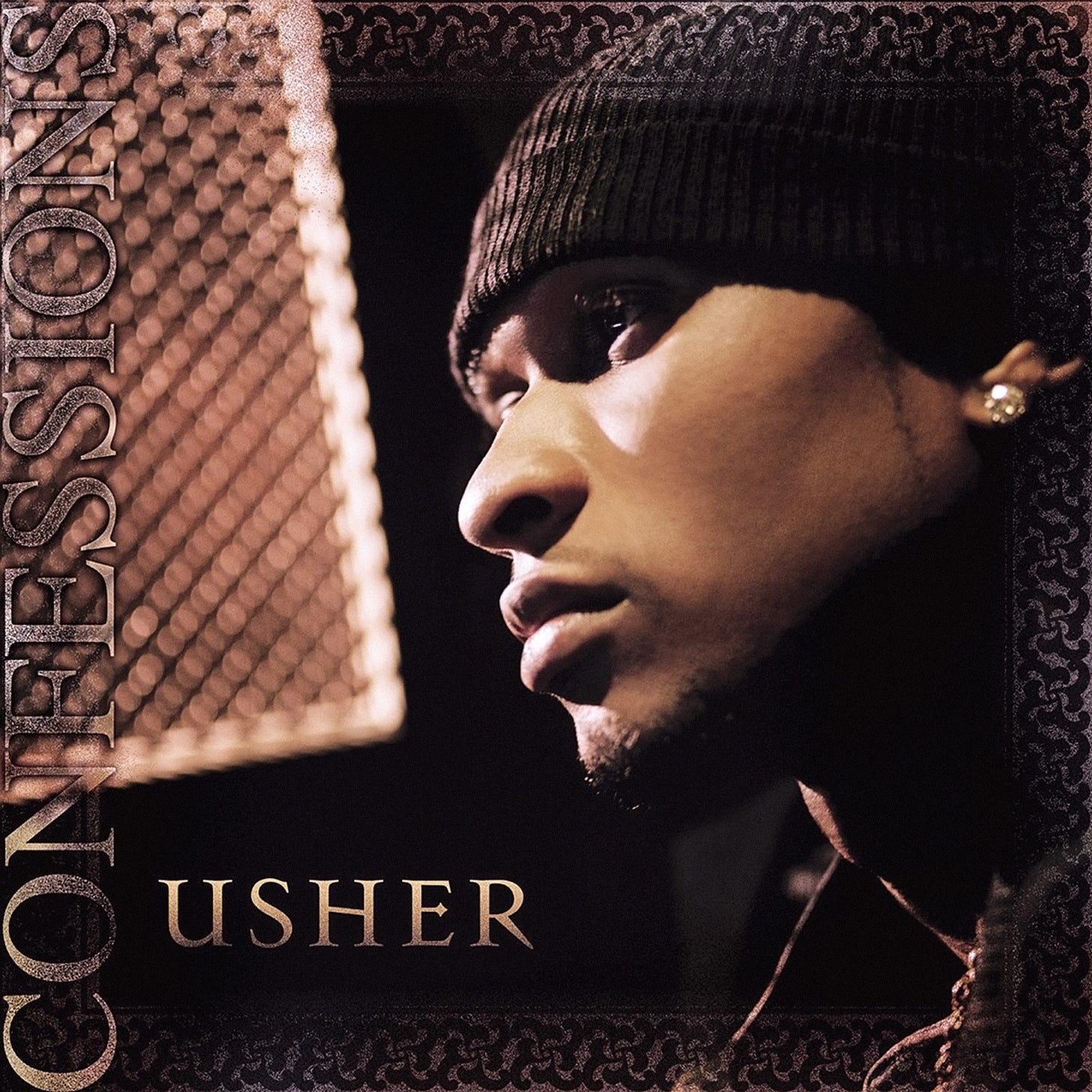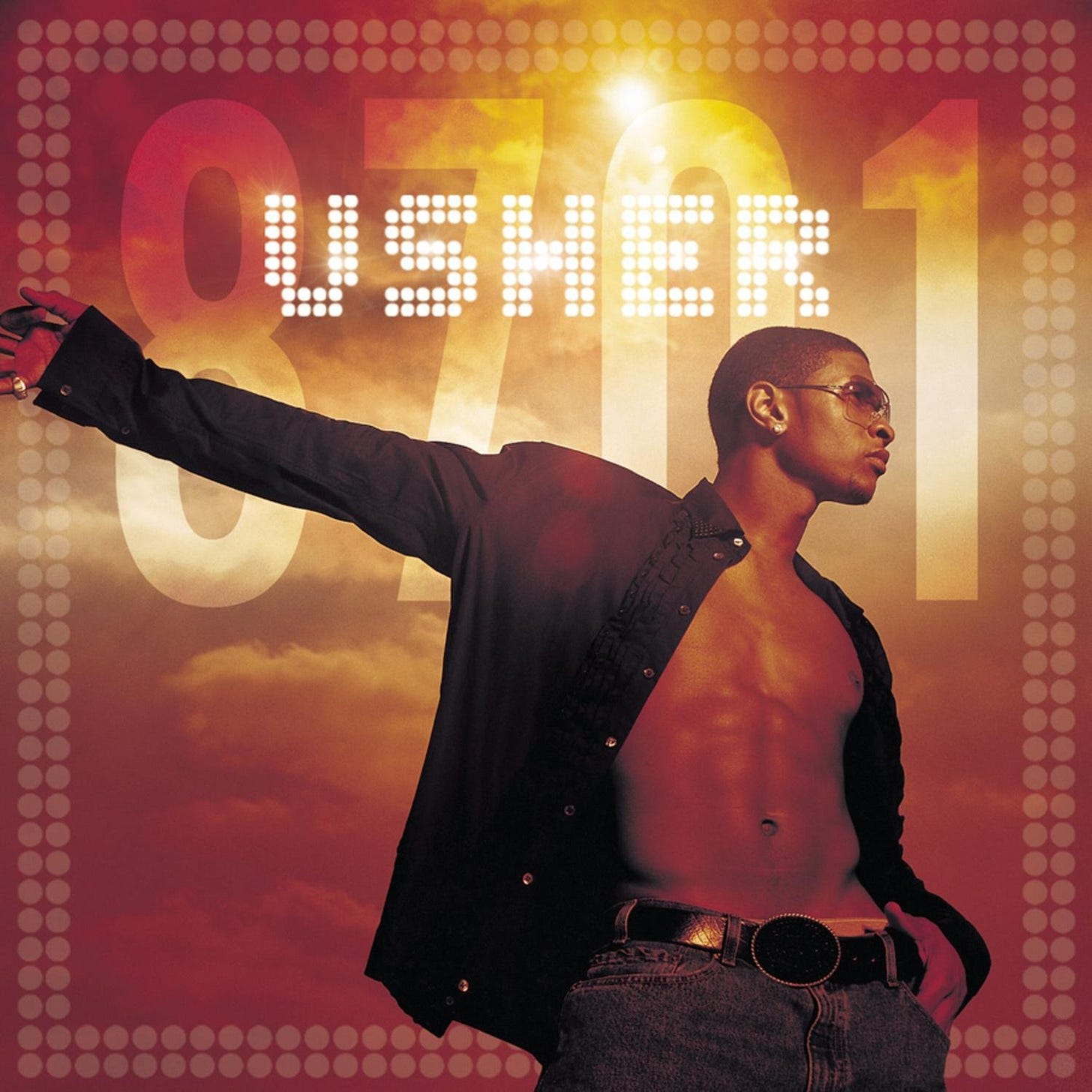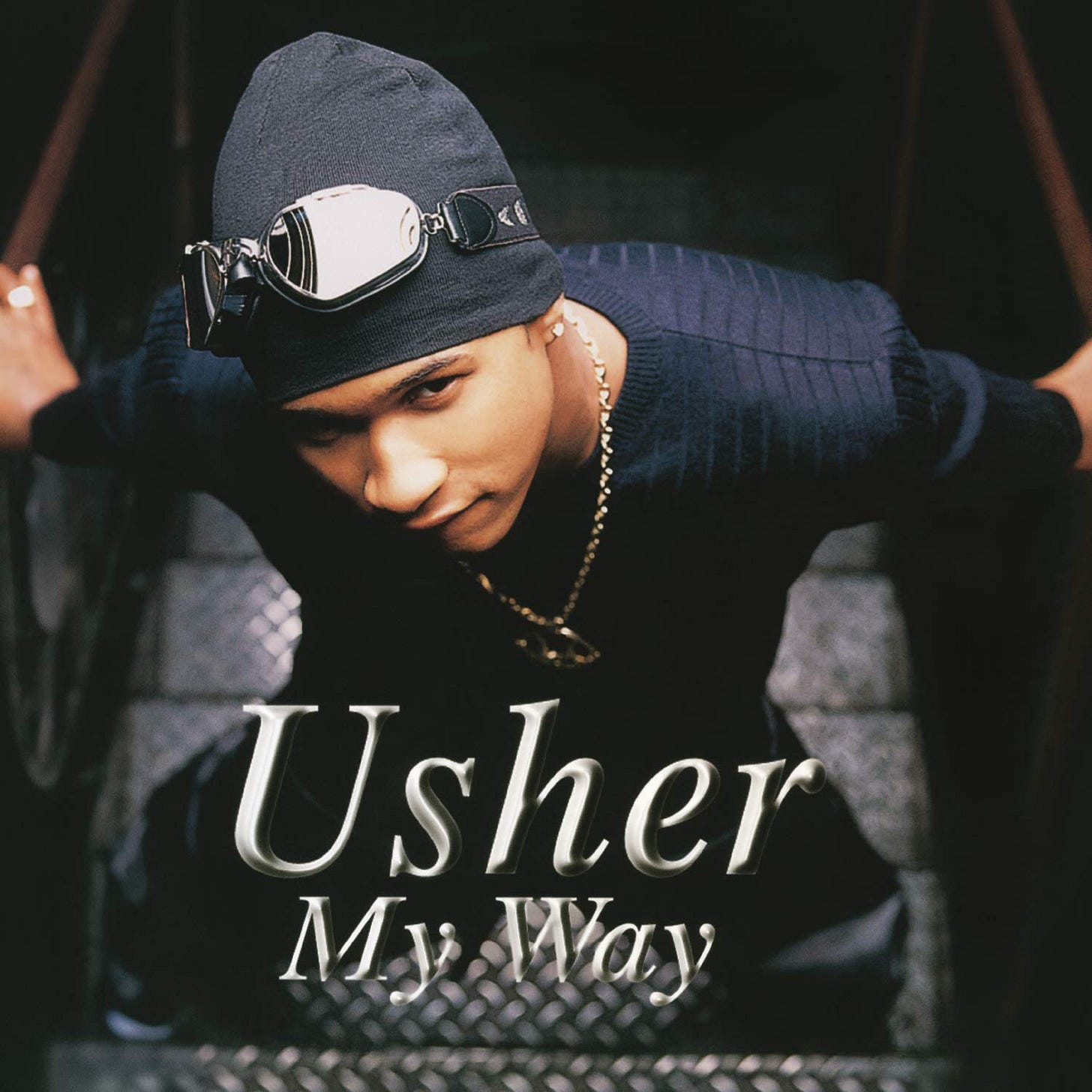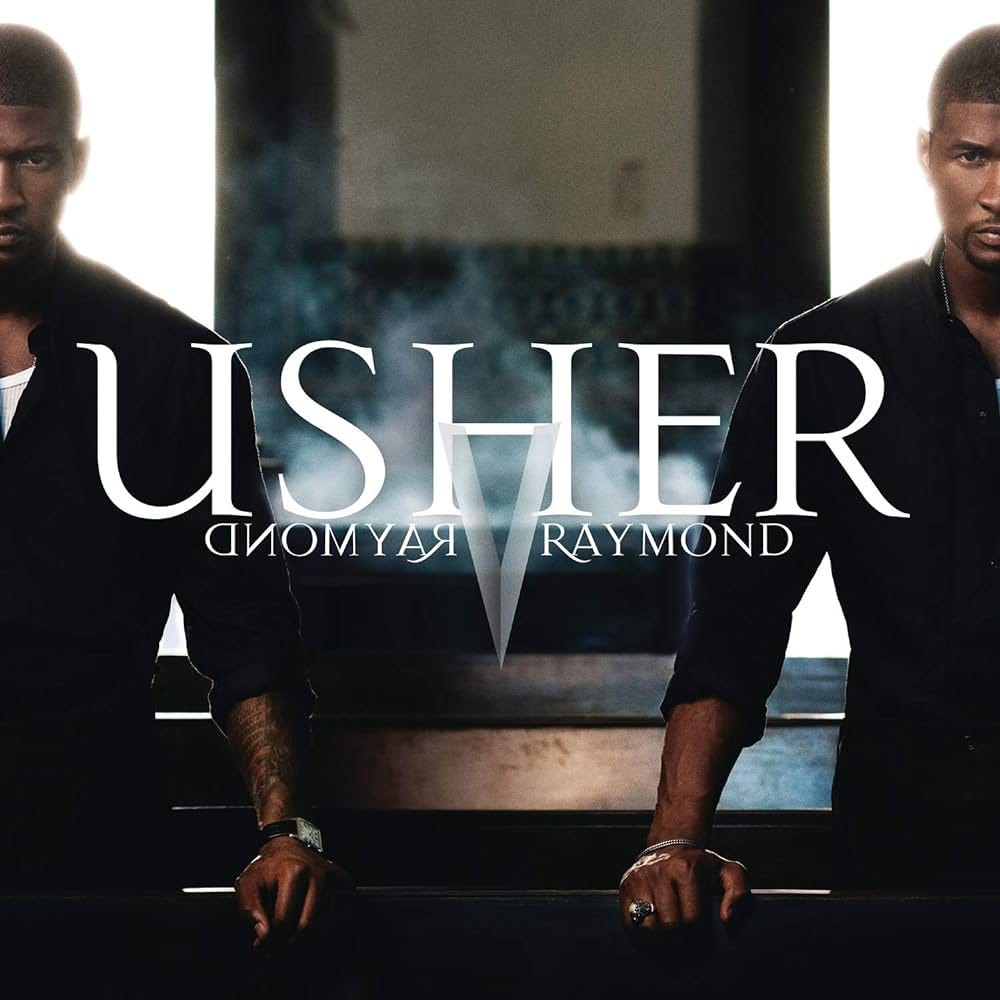Usher’s Best and Most Important Albums
To kick off Usher Week and four days away from ‘Coming Home,’ we’re taking a look at his discography and how well it holds up.
Usher’s impact on music extends beyond his discography. He has influenced a generation of artists, and his integration of R&B with pop has become a blueprint for success in the industry. His legacy is not just in the records he’s sold but in the way he has shaped the sound and direction of modern music.
His evolution from a teenage sensation to a mature artist mirrors the transformations within R&B and pop music. His ability to adapt to changing musical landscapes while maintaining his core artistic identity (whether his core R&B fans rock with it or not) is proof of his enduring appeal.
Essential
Confessions (2004)
What else would you like to say about this classic? That’s why his fans keep asking him when he’ll recreate this masterpiece, which we know that’s not happening. Confessions was a groundbreaking album for Usher. It was a deeply personal work, reflecting his own experiences and growth as an individual. The album’s exploration of themes like love, betrayal, and redemption resonated with a wide audience, earning critical and commercial success. It was a pivotal moment in Usher’s career, demonstrating his depth as an artist.
8701 (2001)
8701 showed a distinct shift in Usher’s style. This album was characterized by its smoother, more refined sound after the much-delayed All About U, signaling Usher’s evolving artistry, featuring The Neptunes and Jam & Lewis. It was a blend of contemporary R&B with a touch of pop, revealing his versatility and ability to adapt to changing musical trends while also not losing who he is as an artist. This album was crucial in cementing Usher’s place in the music industry.
My Way (1997)
With My Way, Usher began to find his footing with the help of Jermaine Dupri. The album reflected a maturing artist, both in voice and in thematic content. It was a critical moment in his career, showing his ability to blend catchy rhythms with heartfelt lyrics. This album marked the beginning of Usher’s journey into more sophisticated musical territory, balancing commercial appeal with artistic growth.
Rewarding
Usher (1994)
Usher’s discography is a fascinating study of the evolution of an artist, mirroring his personal growth and changes in the musical landscape. His self-titled debut album, released in 1994, was a humble beginning, showcasing a young artist with raw talent and a keen ear for R&B rhythms. The album was steeped in the sounds of the ‘90s, reflecting the era’s R&B style. It was an important step for Usher (even though he was a teenager singing grown folks’ music), laying the groundwork for his future explorations in music.
Supplementary
Here I Stand (2008)
Remember Usher was maturing? After marrying Tameka Foster, Here I Stand in 2008 represented another evolution in Usher’s music. This album delved into more mature themes, reflecting his life changes. It was an introspective work with a focus on soulful melodies and thoughtful lyrics. This album showed Usher’s willingness to experiment and push his music in new directions.
Looking 4 Myself (2012)
Looking 4 Myself saw Usher venturing further into experimental territory. This album was a mix of genres, from R&B to electronic music, showcasing his willingness to take risks and explore new musical landscapes, including “Climax,” which is one of his best latter-day songs. It was a bold move, demonstrating his desire to evolve constantly as an artist.
Inessential
Raymond v. Raymond (2010)
After the divorce from Tameka in 2009, Usher released Raymond v. Raymond. Touted as a “sequel” to Confessions, this was a return to a more upbeat, dance-oriented sound. This album displayed Usher’s ability to create music that was both fun and reflective of personal challenges, but most of the songs didn’t quite hit the mark and didn’t live up to the standards of the singles. It was a blend of energetic beats and introspective lyrics, showing his skill in balancing different aspects of his life and career.
Hard II Love (2016)
In 2014, Usher released a slew of singles with “Good Kisser,” “She Came to Give It to You,” “Clueless,” and “I Don’t Mind.” Unfortunately, it didn’t lead up to his upcoming project, which was previously titled Flawed, and it was delayed indefinitely. However, after releasing his hit single, “No Limit,” he returned with Hard II Love and harkens back to R&B roots while still incorporating contemporary sounds, which garnered mixed responses. The songs that he sang, like the eight-minute song “Tell Me,” sounded great, but compared to Looking 4 Myself, he was devolving by cosplaying what the young kids were doing, making the songs fall flat. It’s, by far, his weakest release (if we’re not counting the Zaytoven project).











